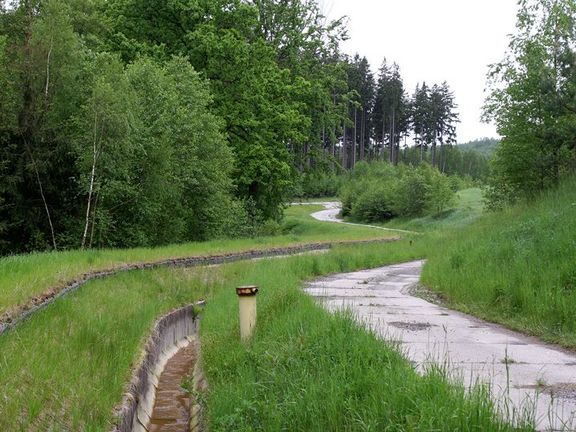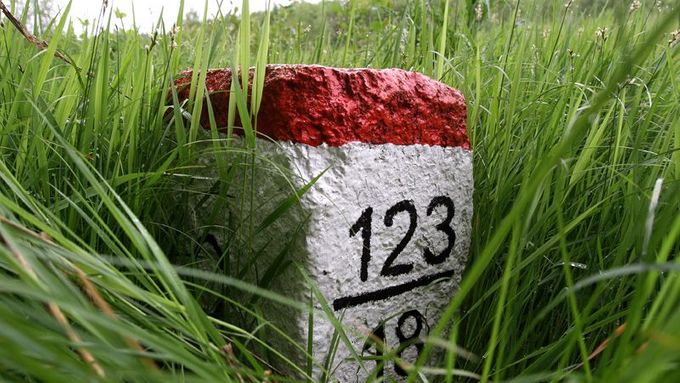
Liberec - Two thousand footbal fields worth of Czech land, located along the Polish border, seems to be lacking proprietors.
To clarified, these tracts are not located in some distant mountainous areas. They can be found in land registries of local towns and there are even residencial houses located on them.
This land is located specifically in the Northern Moravia and in Silesia. It adds up roughly to 1,800 hectares.
Ceded land
This, literally, no man's land is mostly composed of the land that was given over to Czechoslovakia by Poland as part of territorial conciliation in 1958.
At the same time, the Czech Republic is currently preparing to return 369 hectares to its neighbor to even out this 50-year-old agreement, which Poland eventually considered to be unjust.
Thus there are two problems arising to the conciliation - Czech obligation to return 369 hectares and the issue of 1800 hectares that were orignally exchanged and now do not belong to anyone.
"The older houses don't have owners. We've been taking care of them for years and the city's tenants live there. But they don't belong to us, and that complicates everything," says Eva Pavličíková, the mayor of Vidnava in the Jeseník district.
Problems with building permits
Czech land registries state that the land belongs to unknown owners from Poland. And this is the problem.
For example, municipalities are routinely denied building permits in these "Polish" territories.
Currently, there is probably no legal way for the municipalities to get rid of this burden. They cannot even appropriate the land to make it part of their property.
Nationalization that did not take place
"The original conception was to nationalize these lands on both sides of the border. However, this didn't happen. Even though there was socialism, nobody was courageous enough to interfere with property rights in such a significant way," explained state attorney Stanislav Jelen.
In the 1990s, both states agreed that they will respect the property status that existed before 1958, explained Jelen.
However, only a small part of the land was handed over to original owners. They are often unaware of this situation or are not interested at all.
Registering the land? Not an easy job
"To have them [original owners] listed in the land registry takes money and much time. It is necessary to produce documents in the language of the country where the land is to be registered, and to retain an interpreter for the communication with government offices," explained Jelen.
In the period between 1958 and 1989, original owners were not allowed to use or inherit their property. Thus the documents that could prove ownership are usually lost or missing.
Land registries also cannot help in this case, since there was no obligation to register land in the 1950s.






